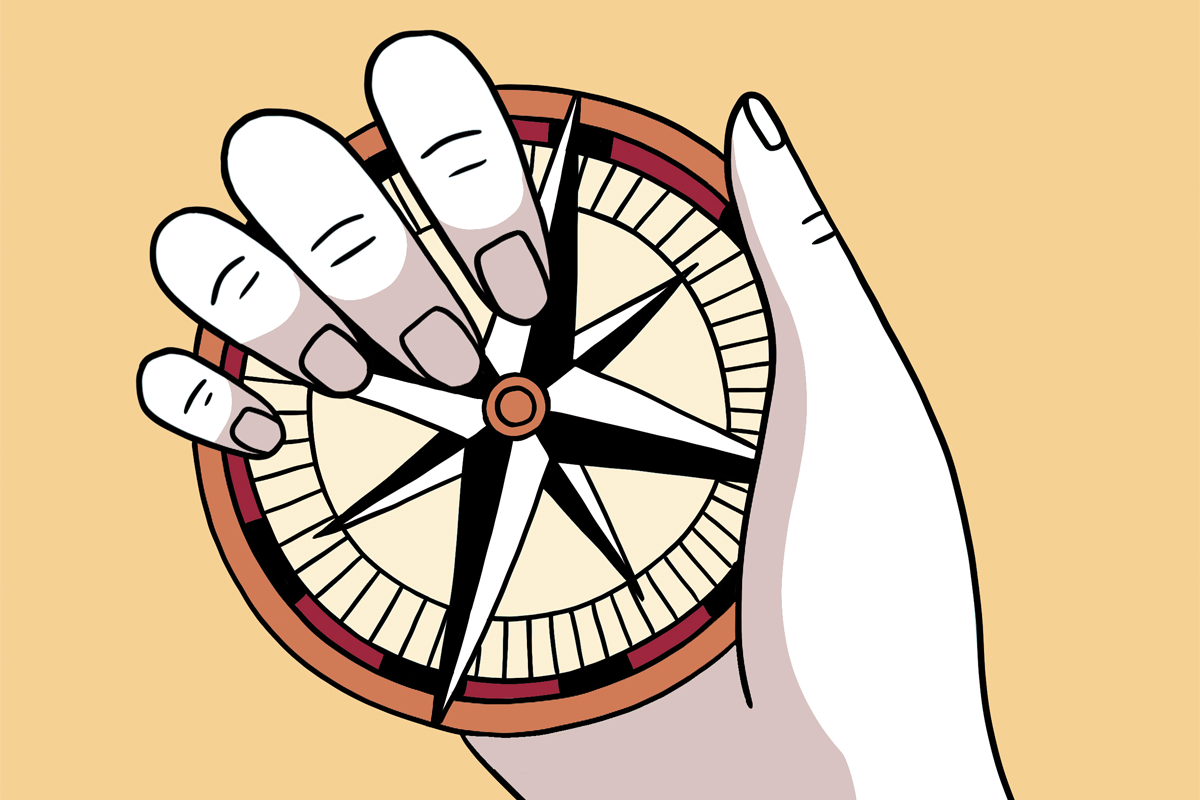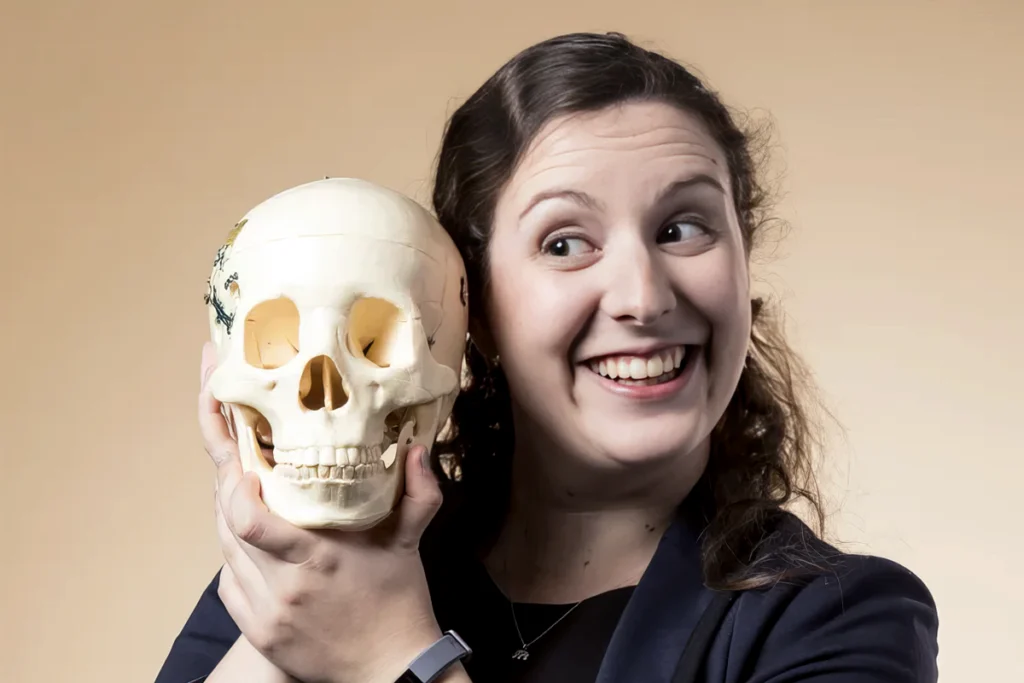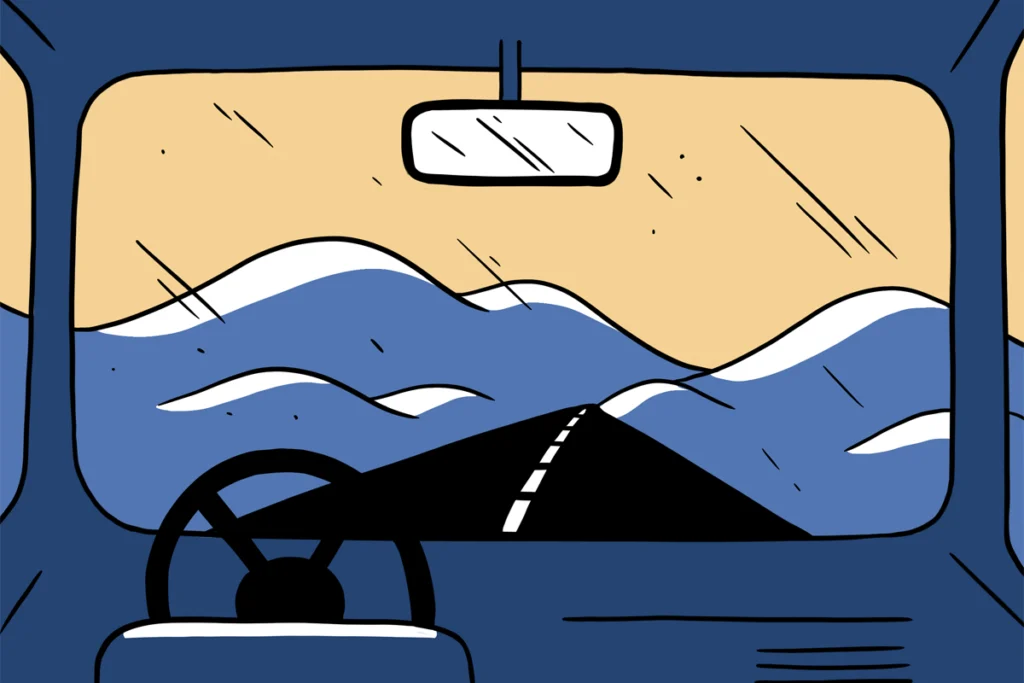Having gone directly from undergraduate to a Ph.D. program, neurobiology student Chiaki Santiago had only ever known academic research. But after her self-described “gung-ho” aspiration for a professorial career slipped during the COVID-19 pandemic, she decided to gain some experience in the biotech industry, she says.
That goal became easier in 2023, when Santiago’s graduate program at the University of California, San Diego (UCSD) launched a pilot summer internship program. For 10 weeks, Santiago worked as an intern at pharmaceutical company Neurocrine Biosciences, where she examined in vivo electroencephalogram signals in rats as biomarkers for neuropsychiatric diseases. Her graduate program provided a boilerplate memorandum of understanding that she and her adviser filled out together and that outlined the details of the arrangement, including the lab work she expected to complete prior to her internship.
The initiative, which continues until at least next year, is a “tiny effort” to cater graduate training to students interested in careers outside of academia, says Sreekanth Chalasani, associate professor of molecular neurobiology at the Salk Institute, who helps coordinate the UCSD internship program as an assistant adjunct professor.
Many students now enter neuroscience doctoral programs with the goal of working at biotechnology or artificial-intelligence companies, he says. “These are not alternative careers,” he adds.
Jobs, trainings and funds (Compiled by Angie Voyles Askham):
- The Allen Institute has opened applications for its Next Generation Leaders program, designed for researchers with a Ph.D. or M.D. in a relevant field. Awardees will have the opportunity to present their work and engage in professional development with the Allen Institute. Applications are due 5 June.
- The One Mind Rising Star Awards, which provide a three-year $300,000 research grant to awardees to advance work that has potential to benefit people living with psychiatric disorders, are also open for applications. The deadline is 6 June.
- And Johns Hopkins University has updated its running spreadsheet on postdoctoral funding opportunities.
Recommended resources:
- Changes to the U.S. National Institutes of Health’s (NIH) fellowship grant applications and review process are designed to identify strong researchers the previous system may have overlooked, the NIH announced last month. Beginning with applications due on or after 25 January 2025, peer reviewers will be instructed to prioritize “the potential of the candidate, strength of the research training plan, and the commitment to the candidate on the part of the sponsor and the institution” over the applicant’s institution and grades, the notice says.
- Starting the job search early (“long before the first deadline”) and preparing a start-up budget for a lab can help researchers land a job interview straight out of a Ph.D. program, write Violeta Rodriguez, assistant professor of psychology at the University of Illinois Urbana-Champaign, and Qimin Liu, assistant professor of psychological and brain sciences at Boston University, in an article for Nature.
- “In a very real sense, the problem you choose will influence the impact of your work just as much as the quality of your execution,” writes Michael Fischbach, professor of bioengineering at Stanford University, in a commentary for Cell that outlines a framework to help researchers choose the right problems.
- When it comes to starting up a lab, veteran principal investigators are generous with the advice, writes Daniel Gonzales, assistant professor of biomedical engineering at Vanderbilt University, in a recent blog post. But one tip he wishes he had been given, he says, was to enjoy this stage of his career. “Make no mistake—am I barely keeping my head above water in this ocean of new tasks and responsibility? Absolutely. But is it also kind of awesome? Absolutely.”





